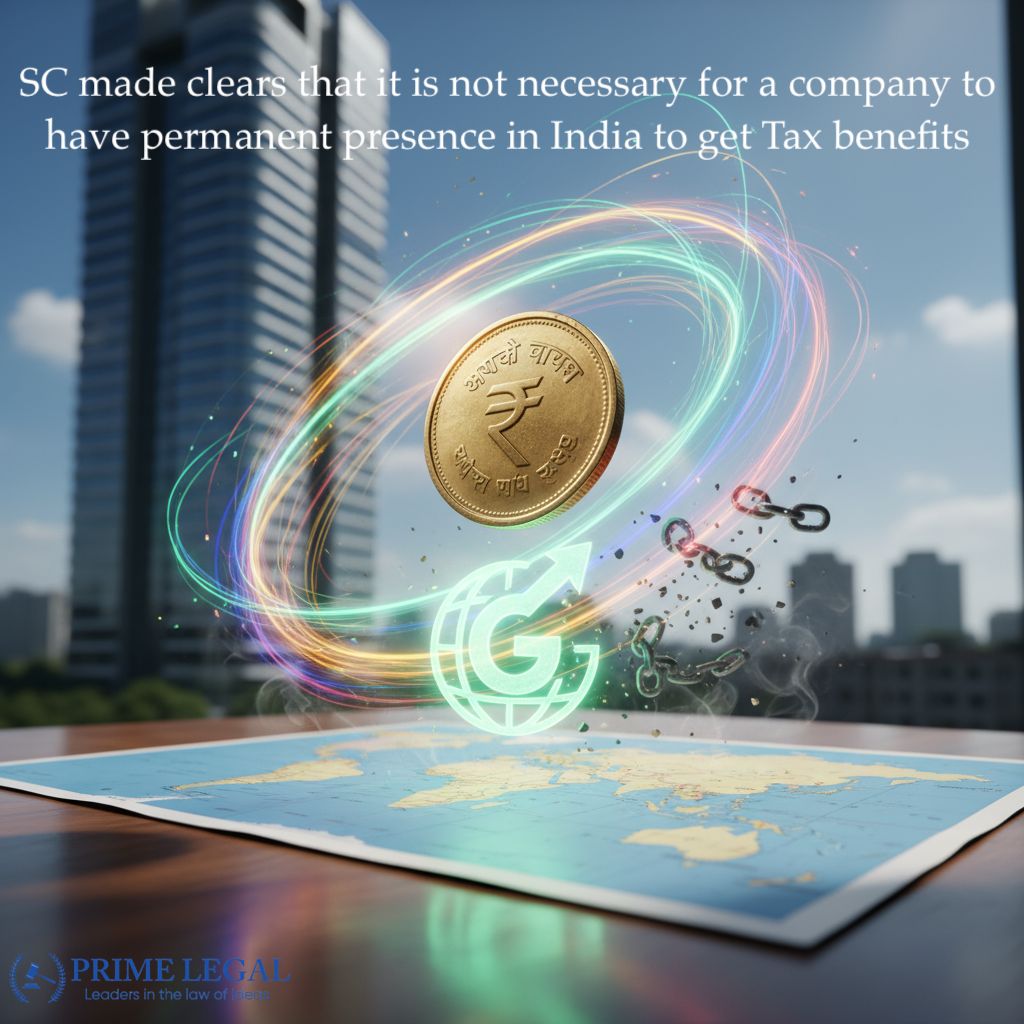Facts
The recent judgment of the court came in against the earlier judgments passed by the High Court of Uttarakhand in Income Tax Appeal Nos. 49 of 2005 and 91 & 98 of 2006. In this judgment, the High Court set aside the judgment passed by the Income Tax Appellate Tribunal (ITAT) and upheld the decision of the CIT (Appeals). The facts on hand were that Pride Foramer was a non-resident company incorporated in France. Its headquarters is in France. In 1983, they were awarded a 10-year contract to carry out drilling operations in offshore Mumbai from 1983 to 1993.
Thereafter, they were awarded another drilling contract in October 1998. During the in between years, which can be considered as relevant assessment years for this matter, though they did not have a drilling contract awarded to them, they had business correspondence with ONGC from their headquarters in France and its office in Dubai.
During this period, they had spent towards the administrative charges and audit fees with the intention of carrying out their business activities as well as realising tax refunds from the Income Tax Department.
For the relevant accounting years, the appellant showed no income, and the only income noted was under Income from Business on account of interest received on income tax refunds. Against the income tax returns, they had also mentioned the business expenditure for every assessment year and also claimed a set-off against unabsorbed depreciation on furniture and fixtures brought forward from earlier years.
Issues
- Whether the appellant’s claim on the income tax refund, citing business expenditure is valid?
- Whether the appellant can claim a set-off against unabsorbed depreciation on furniture and fixtures?
Legal Provisions
- Section 32 of the Income Tax Act, 1961, states that unabsorbed income from the previous year can be carried forward and set off against income of the following assessment year.
- Section 37 of the Income Tax Act, 1961, provides for the expenditures not mentioned under Sections 30 to 36, which can be considered as an exception while considering the taxable income.
- Section 71 of the Income Tax Act, 1961, provides for the set off losses from one head against income from another.
Analysis
The CIT(Appeal) and Assessment officer disallowed the carrying forward if the unabsorbed depreciation and deduction of business expenditures. They were of the view that the appellant did not have a permanent office or business place established in India and they were not granted the contract and they had ceased to work or exist in India.
The ITAT, however, was of the view that there is no necessity for a business establishment ot have a permanent place of establishment. When a business stops its functioning, it does not mean that they have ceased their functions, it can mean that they are just facing a minute lull in business and not a complete closure of business.
The High Court went with the view of the CIT, but the Supreme Court said that the opinion of the ITAT is to be upheld as the Act itself in Section 5, states that there is no necessity for a permanent office to be present in India.
Judgement
The Supreme Court set aside the judgment and order passed by the High Court and revived the order passed by the ITAT and ordered the Assessing Officer to pass a new order.
Conclusion
The Court took a literal interpretation of the statute and gave its interpretation of the law. It said that a company can be lull in business and the expenses they carry out during such a period is business expenses and shall be considered for tax refund and that the Act provides for carrying forward unabsorbed depreciation.
Click here to read more: pride foramer sa v commissioner of income tax
“PRIME LEGAL is a full-service law firm that has won a National Award and has more than 20 years of experience in an array of sectors and practice areas. Prime legal falls into the category of best law firm, best lawyer, best family lawyer, best divorce lawyer, best divorce law firm, best criminal lawyer, best criminal law firm, best consumer lawyer, best civil lawyer.”
WRITTEN BY I Sharan


